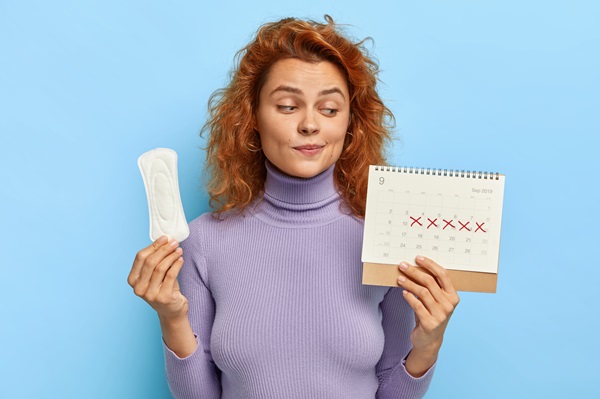Introduction
When fluid builds up in areas like your ankles, legs, feet, and hands, it is called Oedema. It is a common occurrence of pregnancy. Most women report an increase in swelling during the third trimester of pregnancy.
While swelling may or may not be painful, it can certainly be uncomfortable and distressing.
Swelling is caused due to the body holding more water than usual during pregnancy. This additional fluid retention is necessary to soften and protect the infant while providing enough room for the baby to grow. The fluids also help the tissues and joints of the pelvis to open up for labour. About 25% of the weight acquired during pregnancy can be attributed to the extra fluids.
The swelling typically:
· appears gradually
· is worse during hot weather
· appears worse by the end of the day
· lessens when feet are raised
· is equal in both feet
In this post, we take a closer look at what you should do throughout your pregnancy to lessen swelling and feel more comfortable.
Simple Tips To Relieve oedema during Pregnancy
· Stay hydrated. Drink more water – this helps your body get rid of excess fluid and sodium. When you don’t drink enough water, your body will store the water rather than eliminate it through urine or sweat.
· Eat foods that are natural diuretics. Diuretics help your kidneys get rid of extra water and salt from your body through your urine. Such foods include tomato, parsley, eggplant, cranberry juice, cabbage, celery, carrots, watermelon, cucumber, apple cider vinegar, beets, ginger, and lemon.
· Increase your intake of protein. In the third trimester, eat protein every two to three hours. Low blood protein levels can reduce blood thickness and allow fluid to ‘leak’ into neighbouring tissues through blood vessels (Oedema).
· Limit your intake of salt. Eating too much salty food can increase swelling, so it’s best to keep your intake in moderation and salt your food to taste.
· Avoid wearing too-tight elastic-top socks or stockings, as they constrict the free flow of blood and fluids.
· Wear compression socks. When your lower leg Oedema has subsided in the morning, wear compression stockings to encourage the return of blood through your veins.
· Immerse your feet in warm water. Water immersion can reduce Oedema. At the end of the day, soak your feet in a pail of warm water mixed with some Epsom salts. Fluids are forced back into veins by hydrostatic pressure so they can be expelled. Try submerging yourself in a deep bathtub or swimming pool several times each week to treat widespread swelling.
· Massage therapy with gentle massage strokes toward your heart can also help to move fluid away from the feet and mitigate the discomfort pregnant women with Oedema feel.
· Whenever possible, lie with your legs elevated.
· Sleep on your side, preferably your left to help keep your kidneys eliminate waste and reduce swelling.
· Take short walks to reduce swelling that can develop after spending too much time in one position.
When to see your doctor
Swelling during pregnancy is normal and shouldn’t be a cause for concern. It often goes away within a few weeks of giving birth. But sometimes, it can also indicate something more serious. It is important to call your doctor if you have sudden swelling in your face and hands, and the selling is accompanied by:
· Intense headaches
· Difficulty in breathing
· Seeing ‘stars’ or flashing lights
· One leg that’s red, painful, and feels warm
· Acute pain below the ribs or in the abdomen
· Nausea and vomiting
· Blisters and a warm, tender red rash
In rare cases, swelling may indicate a dangerous disease, such as a blood clot or preeclampsia. Inform your doctor as soon as possible if your swelling develops suddenly or is unrelieved by rest and position change.
Final Thoughts
In summary, mild swelling of the extremities caused by edema is harmless and perfectly normal. When it develops gradually and persists only in the arms or legs, it is typically normal.
Wearing compression socks and elevating the feet when seated are two natural therapies for swollen feet during pregnancy. Additionally, staying hydrated, exercising regularly, and avoiding prolonged standing may all be beneficial.




